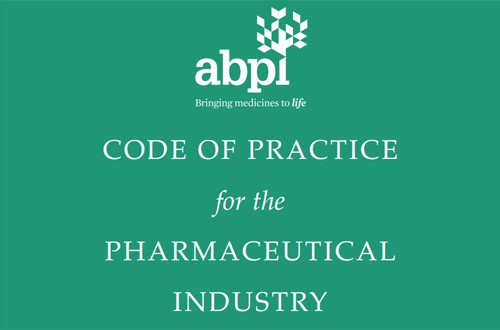
Merz, Lilly and Daiichi-Sankyo have breached the Association of the British Pharmaceutical Industry’s (ABPI) Code of Practice though inappropriate marketing activities in a ruling that will now be advertised in the medical press as a punishment.
The Prescription Medicines Code of Practice Authority (PMCPA), which administers the code, said Merz had made “misleading and unsubstantiated claims” about its wrinkle treatment Xeomin/Bocouture, implying it was clinically equivalent to Allergan’s rival product Vistabel/Botox.
The PMCPA was responding to an Allergan complaint that concerned three advertisements for Merz’ product, which used the terms ‘Equipotent’, ‘Equal Potency’ and ‘1:1 Clinical Conversion Ratio’ alongside a visual of either a Xeomin or Bocouture vial standing next to a Botox or Vistabel vial.
This was “clearly designed to emphasise a direct 1:1 equivalence/conversion of the two medicines”, said the PMCPA
Both products have the active ingredient botulinum neurotoxin type A, but Allergan argued that, based on the available evidence, unit doses of the medicines were not interchangeable – a view the PMCPA agreed with.
As such, Merz was found to have breached several clauses of the code, including bringing discredit upon, and reducing confidence in, the pharmaceutical industry; making an inaccurate claim; and failing to maintain high standards.
The case involving Lilly and Daiichi-Sankyo was to do with the companies’ promotional activities concerning the heart drug Efient (known as Effient outside the EU).
The PMCPA said the companies, which co-market Efient (prasugrel) in the UK, had done so in a manner that was “misleading and inconsistent with its summary of product characteristics”.
This had followed a complaint from AstraZeneca that said information on the leavepiece that Lilly and Daiichi reps would give doctors was “inaccurate, misleading, played down major bleeding/safety considerations, promoted the off-label use of Efient beyond its maximum licensed duration of treatment, and as a result brought the industry into disrepute”.
Again, the PMCPA sided with the company bringing the complaint, finding that Lilly and Daiichi had breached several clauses, including promoting a medicine in a manner inconsistent with its summary of product characteristics and failing to reflect the balance of evidence about side effects.




